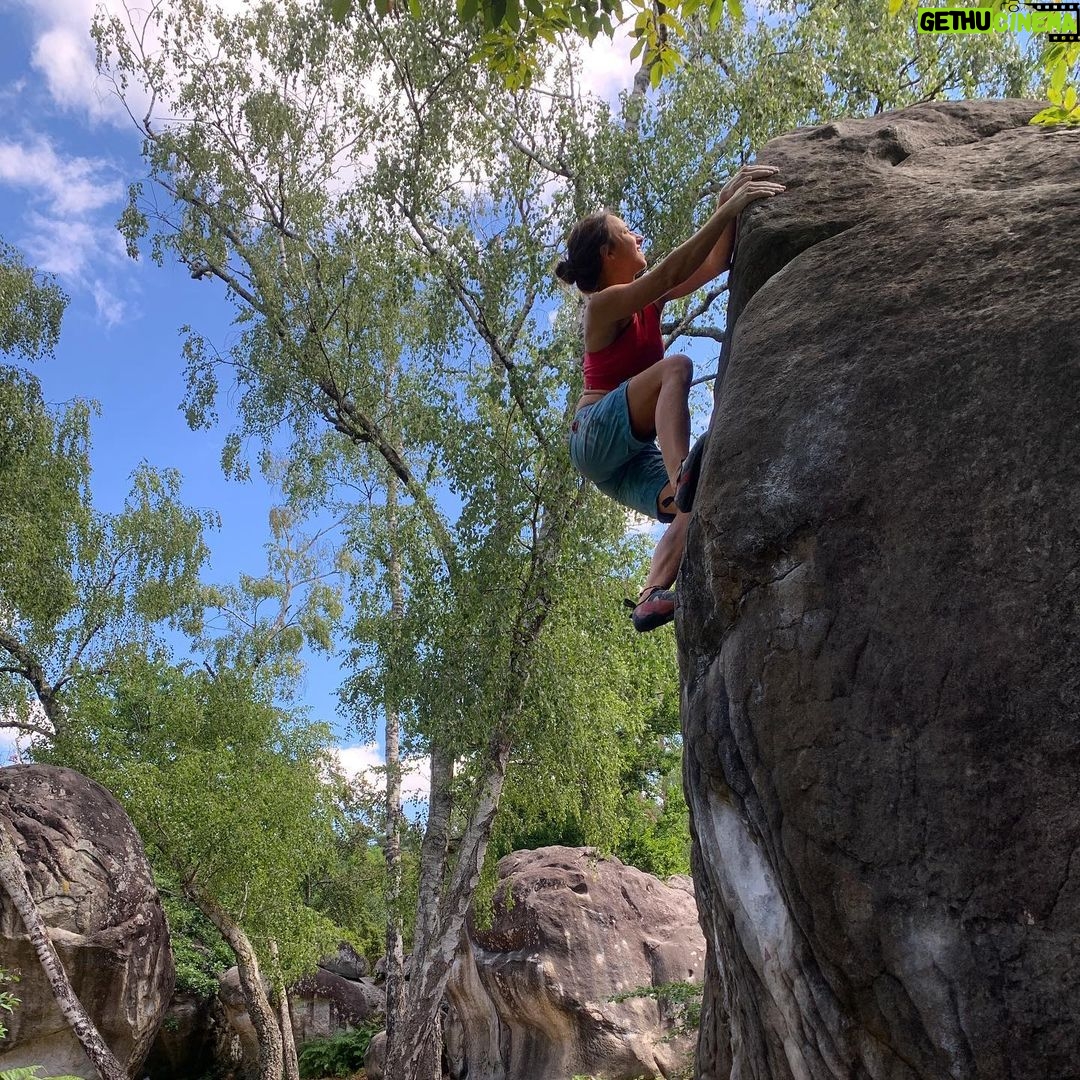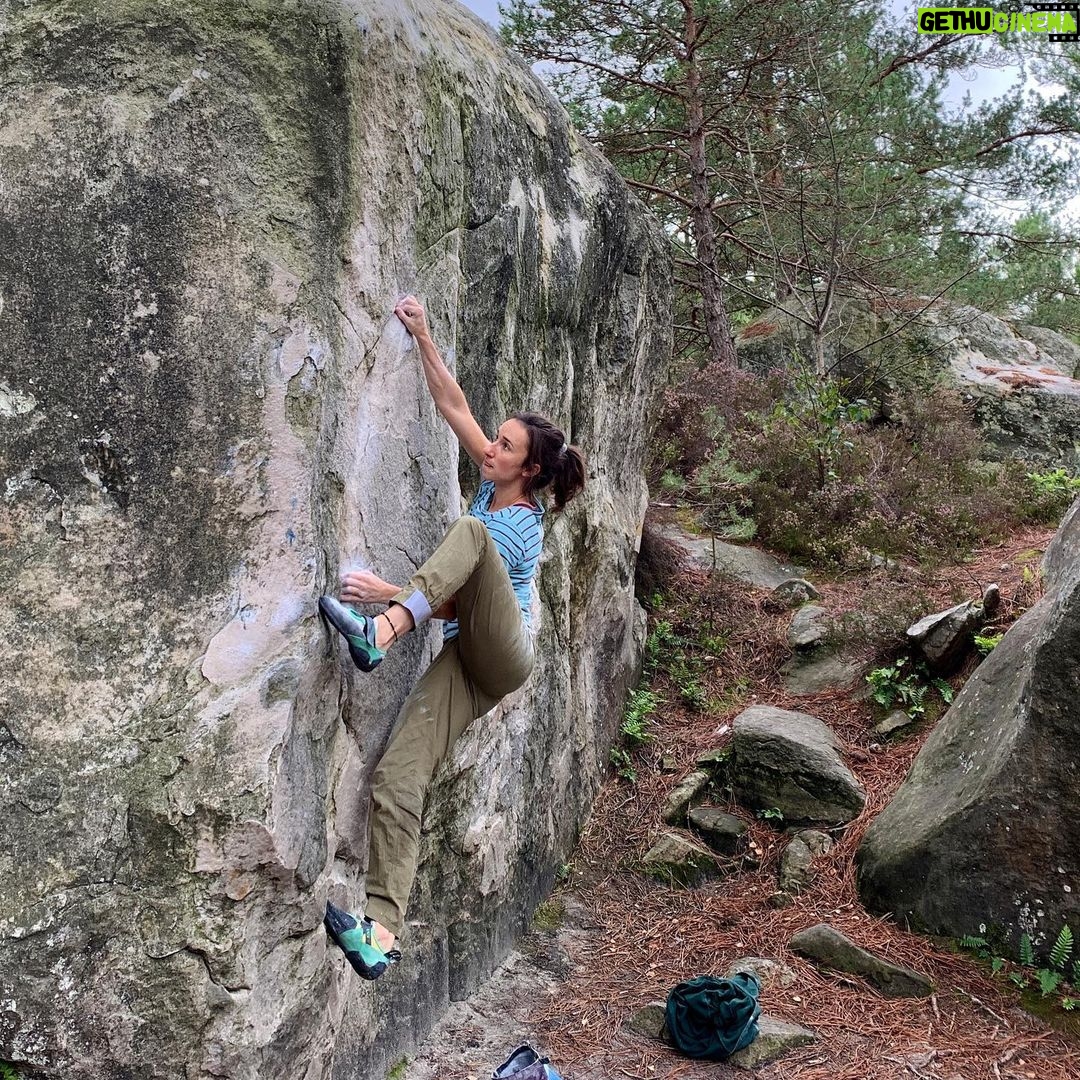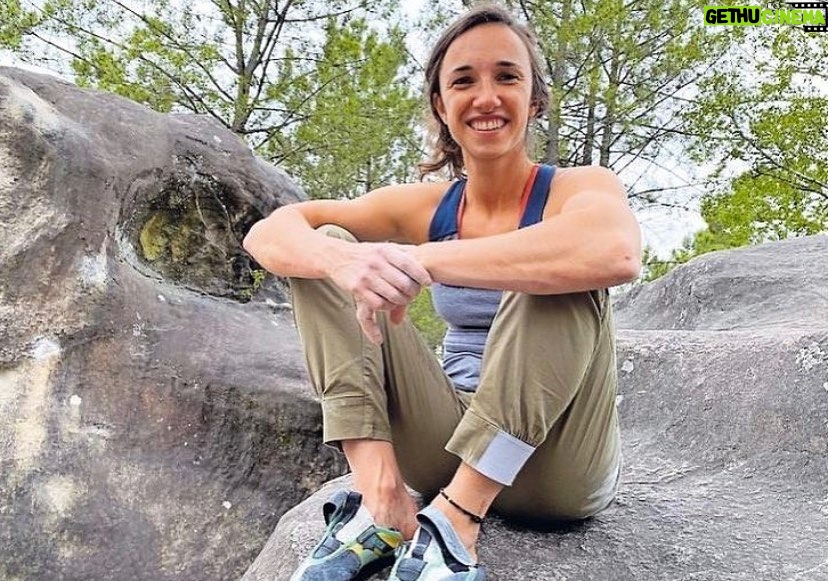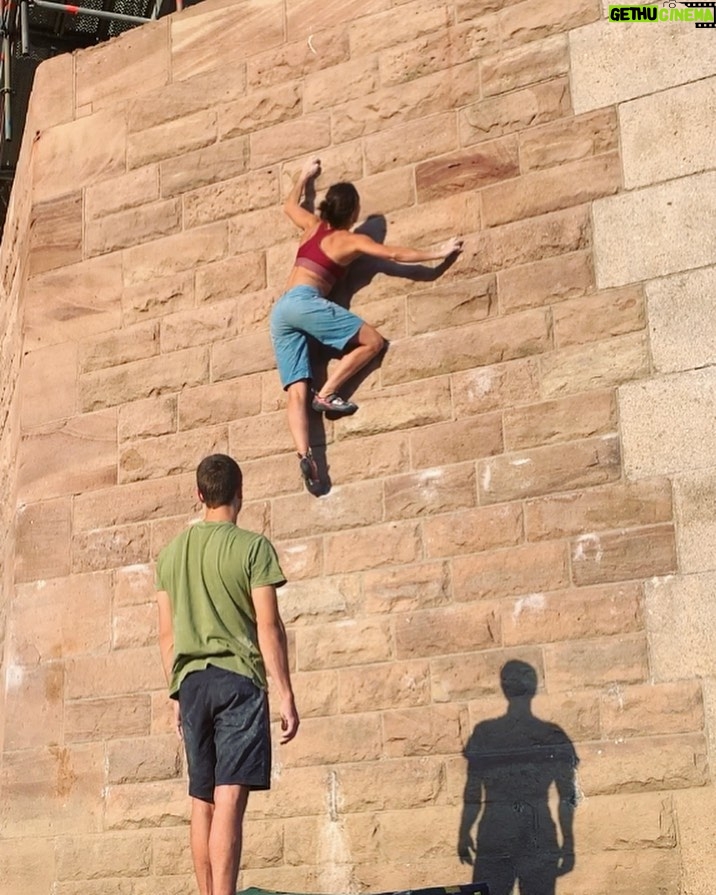Juliane Wurm Instagram – My struggle with the limits of female physique in sports or not being male enough.
.
As a young and ambitious female climber, when my male counterparts developed muscles during puberty, I remember feeling disappointed about the adaptations to training my body seemed to be able to. I trained harder and more often than many of the boys, while they became physically stronger with seemingly no effort. Meanwhile I became a little heavier and hoped that my body wouldn’t become ‘too female’. By doing physical/strength training I sometimes felt like I’m trying suppress my femininity. I was aware that climbing is a very technical sport and that one could come very far with technical delicacies, but I always thought that even if I’d train my hardest, my pure physical abilities would never be much better than those of an ambitious male hobby climber.
.
I considered competitive sports as a field where the limits of the human body could be tested and struggled with the fact that it would, in most cases, be more sensible for me to compare myself with women (especially when coming close to the limits of what’s currently possible), while men could compare themselves within the whole human group. Growing up in a society that resonated that unfair gender gaps between men and women were fought to be closed, I felt like I’m standing next to the most natural gap and had to accept that chances (of success, rewards, recognition,…) might be equal, but this body-gap couldn’t be closed. I struggled with this in climbing and during my competitive career, but also when watching quantifiable female sports on tv. I struggled with the inferiority of pure strength of female bodies at the limits in quantifiable sports. | Posted on 20/Jul/2020 20:40:07






